For the first time since its creation in 1923, administrators can vote in this year’s Pepper Prize election.
Many faculty members and students thought they already could, though, according to college officials. Yet it was still a five-year process to get administrators the vote.
This adds 317 people to the voting pool, but not all of them are likely to vote, according to Hannah Tatu, who led the charge to get the vote. Administrators’ votes will have the same weight as faculty members, four points.
Lafayette’s Administrative Council spearheaded the effort. According to the head of the nine-member representative body, Tatu, the most difficult part of the process was figuring out who could grant them the power to vote.
Dean of Students Paul McLoughlin II, who is also on the council, said that some of this process — which Tatu said was stalled between 2012 and 2015 before she headed the council — was going into the college’s archives and looking at the George Wharton Pepper Prize’s deed of the gift. This is the document that specifies how the money donated for the prize should be spent.
That deed was outdated, McLoughlin said, and the interpretation of how to run the Pepper Prize vote had changed over the years.
“When the gift was given, administrators really didn’t exist in the form that they did today,” he said. “The student affairs profession was formed in 1934, sort of. And I think that, beyond that, the way in which we were voting was no longer congruent with the deed of the gift, either.”
But it didn’t stop there — the council’s effort was laden with bureaucracy.
Tatu said they went to the provost, the President’s cabinet and student government. Along the way, the council sent a memo to President Alison Byerly, who presented it to the Faculty Academic Policy committee, which sent a recommendation back to the president in favor of the council. After all that, administrators are allowed to vote in this year’s election.
Those involved were supportive every step of the way, according to Tatu.
McLoughlin said getting the vote feels affirming.
“I think it’s validation that there are deep connections with the students we make as administrators,” he said.
Tatu said it’s been an important process for her. One year, her husband, Coordinator of the College Writing Program Christian Tatu, a Posse mentor at Lafayette College, was unable to vote for one of his scholars who was nominated for the prize.
“Here was somebody he supported with everything and to be able to nominate him but not to be able to vote just was really difficult,” she said.
Largely, though, this effort was about recognizing administrators’ contributions to students’ lives.
“As someone who works closely with students, sometimes for nearly all four years of their time at the college, being able to vote for the Pepper Prize recipient is very meaningful,” Director of the Landis Center and council member Amber Zuber wrote in an email. “It signifies the value of administrators’ contributions to the student experience in our residential college environment.”
Kathryn Kelly ’19 contributed reporting.


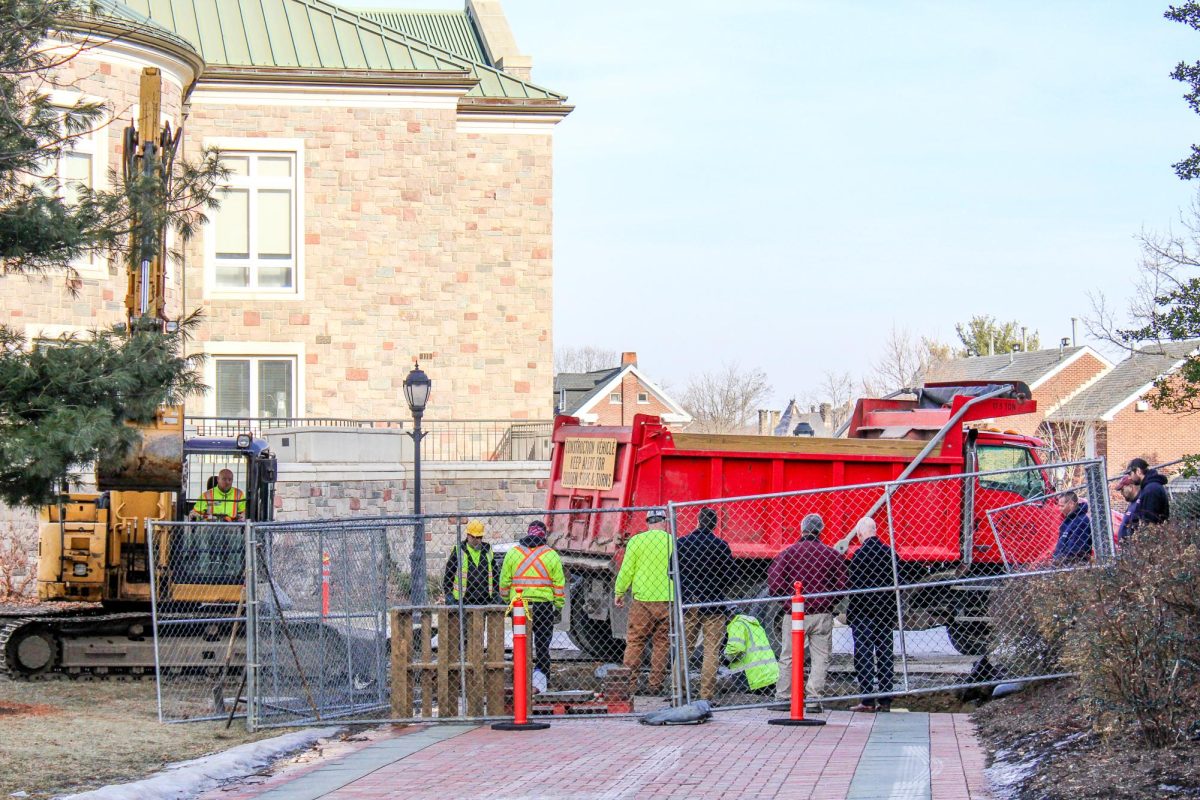






















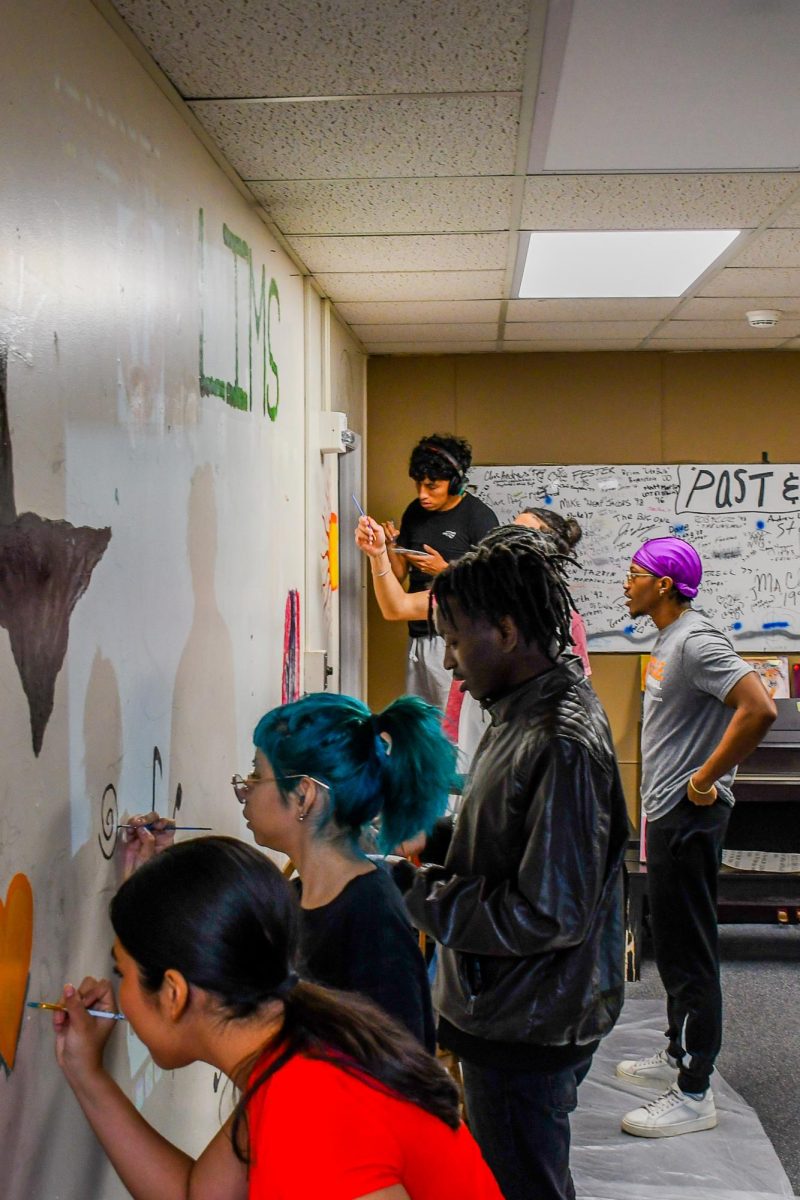


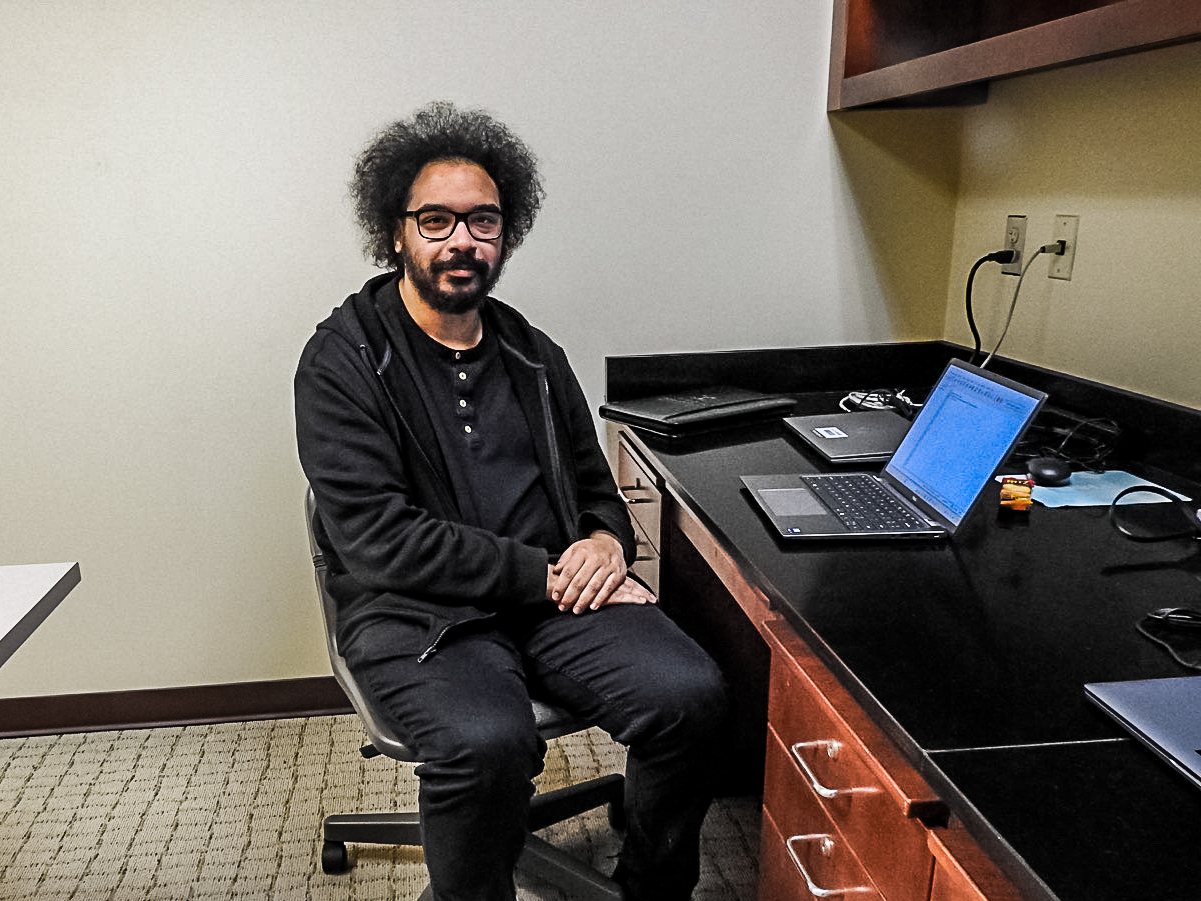









































































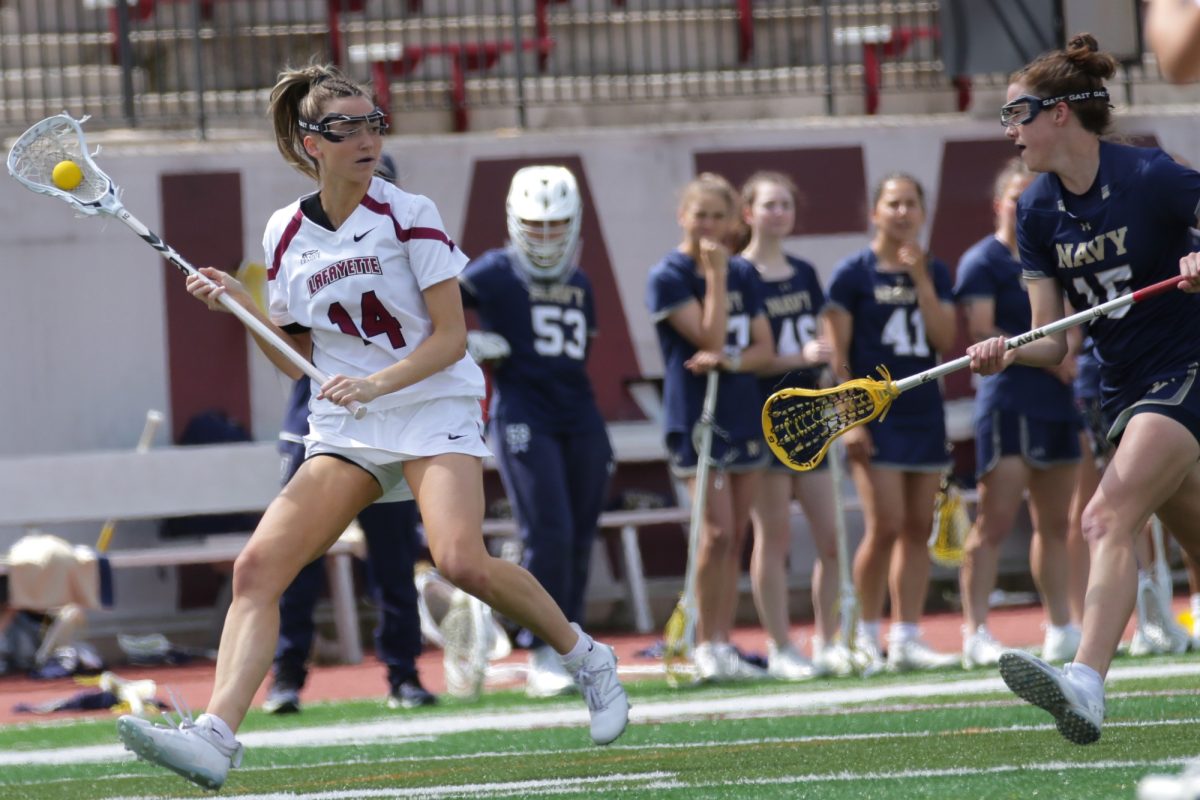














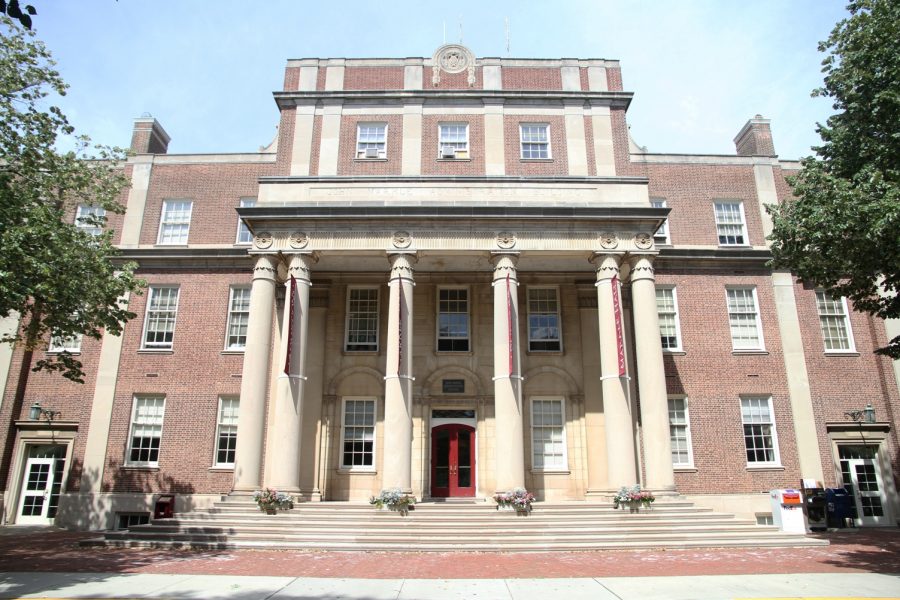
William Rappolt '67 • Apr 20, 2017 at 11:53 am
I found this article very informative. I now know the Deeds of Gift I signed have expiration dates if the Colleges wishes it. In other words, the signatures on that legal document are worthless. We now have 300 plus administrators having their worth “affirmed.” While we were at it, why weren’t coaches “affirmed,” as well, given the time spent with students?? Did we make any effort to contact Mr. Pepper’s heirs?? Does donor intent have any recognition at Lafayette??
William Rappolt
member of the Societe d’Honneur